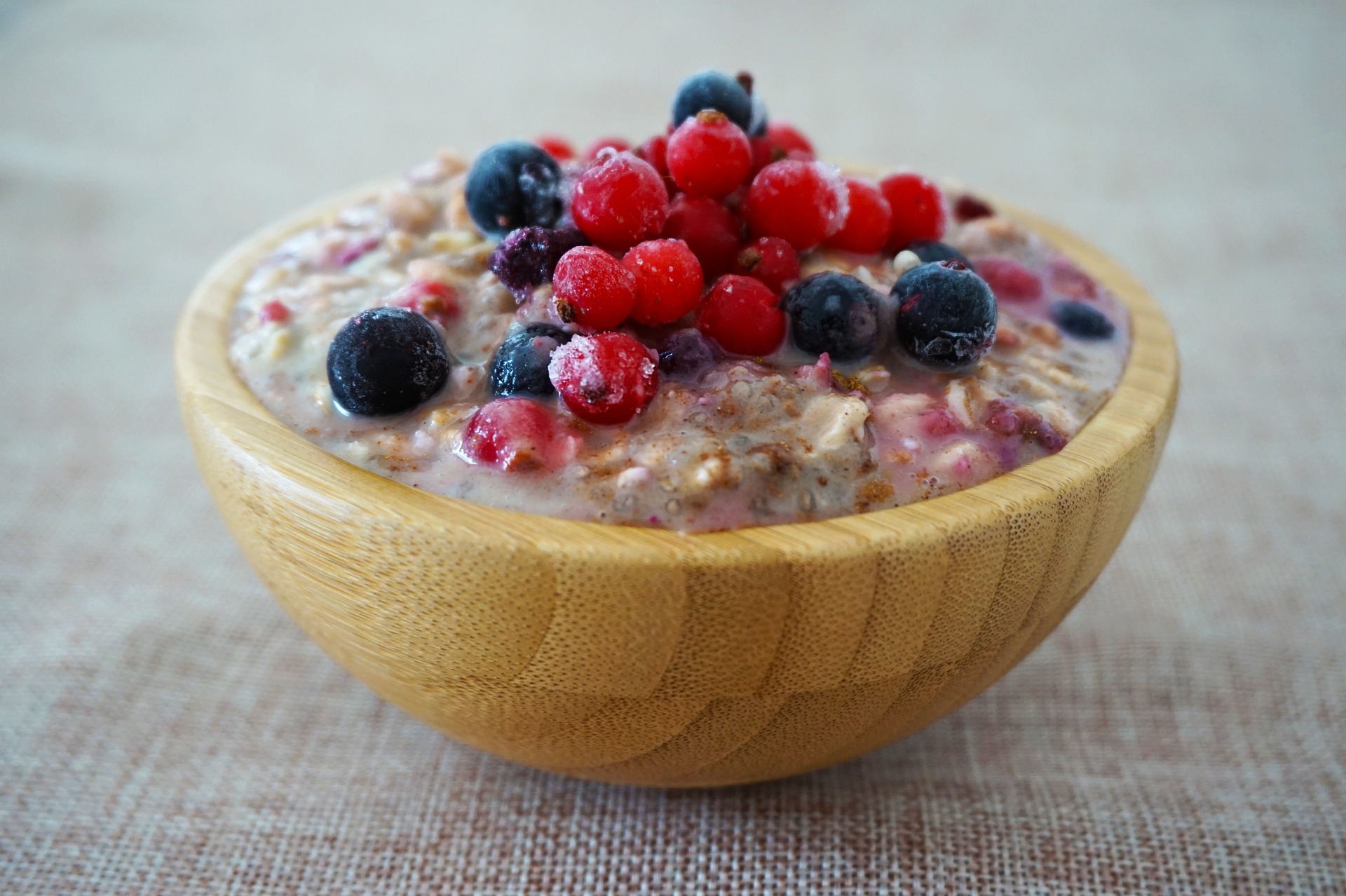Cutting through the Myth: The Truth about Gluten-Free Diets
In recent years, gluten-free diets have become a topic of considerable interest and debate, not just among health professionals and dieticians but also among the wider public. Gluten, a type of protein found in certain grains, has been vilified by some as a leading culprit of various health problems ranging from bloating and indigestion to more severe conditions like celiac disease. However, is going gluten-free truly beneficial for everyone? Or is it a dietary trend that's been blown out of proportion? This article aims to cut through the myth and misinformation surrounding gluten-free diets, providing a comprehensive and balanced perspective based on scientific evidence and expert insights.

The Origins of Gluten-Free Diets
The practice of eliminating gluten from diets originated from the management of celiac disease, a serious autoimmune disorder that can damage the small intestine if gluten is ingested. For individuals diagnosed with celiac disease, a strict lifelong adherence to a gluten-free diet is essential. Moreover, some people have a condition known as non-celiac gluten sensitivity, where they experience symptoms such as bloating, diarrhea, and abdominal pain after consuming gluten, despite not having celiac disease.
However, the gluten-free trend has expanded far beyond these specific medical needs. Many people without any diagnosed gluten-related disorders have taken up gluten-free diets, believing them to be healthier or that they can aid in weight loss. This trend has been fueled by celebrity endorsements, diet books, and the increasing availability of gluten-free products in supermarkets.
Current Relevance: The Gluten-Free Boom
According to a report from Grand View Research, the global gluten-free product market size was valued at $22.3 billion in 2020 and is expected to grow further. This boom is not only due to the increasing number of diagnosed celiac disease patients and gluten-sensitive individuals but also due to the rising consumer perception that gluten-free products are healthier.
However, this perception is not entirely accurate. While a gluten-free diet is necessary for those with celiac disease or gluten sensitivity, for the general population, there is no scientific evidence that such a diet is healthier or promotes weight loss. In fact, gluten-free products often contain more sugar and fat to compensate for the texture and taste that gluten provides, and they are often lower in fiber.
The Impact: Misunderstanding and Misinformation
The popularity of gluten-free diets has led to a significant amount of misunderstanding and misinformation. Many people mistakenly believe that “gluten-free” means “healthy,” leading to overconsumption of processed gluten-free foods, which can contribute to weight gain and other health issues.
Moreover, self-diagnosis of gluten sensitivity and self-prescription of a gluten-free diet can overshadow actual medical conditions that might be the root cause of the symptoms. This can delay proper diagnosis and treatment.
Cutting through the Myth: Expert Insights
Recent research highlights that the benefits of a gluten-free diet for non-celiacs are minimal at best. A comprehensive study published in the British Medical Journal in 2017 found no significant association between long-term dietary gluten intake and the risk of developing heart disease among people without celiac disease. Another study published in the journal Gastroenterology found that a gluten-free diet had no impact on gastrointestinal symptom improvement among non-celiac individuals.
Additionally, experts stress the importance of a balanced diet. Whole grains, many of which contain gluten, are an important source of fiber, vitamins, and minerals. Eliminating these from the diet without a medical reason can lead to deficiencies.
Gluten-Free: A Personalized Approach
In conclusion, while gluten-free diets are essential for managing conditions like celiac disease, for the general population, they are not inherently healthier. Individuals considering a gluten-free diet should consult with a healthcare professional to ensure that it is the right choice for their specific needs. As with any dietary decision, it should be made based on individual health status, nutritional needs, and personal goals rather than media hype or popular trends.
In the end, it’s not about demonizing or glorifying a certain nutrient or food group, but about understanding and embracing the complexity and diversity of nutrition for optimal health.




